UAS Program Engineer Darshan Divakaran swears that the North Carolina Department of Transportation didn't have acronyms on the mind when the agency first started planning the North Carolina Drone Summit and Flight Expo, or Drone SAFE. Luckily, that acronym matched their vision of an educational exposition focused on the safe piloting of recreational and commercial drones.
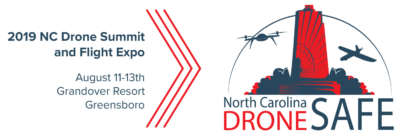 The department held the inaugural show last summer after a series of UAV safety workshops and demonstrations throughout the state left their audience asking for more."These free workshops were well attended — there were people coming from neighboring states — and we decided that the educational effort should expand to include a broader audience," said Divakaran. "These workshops were great for educating attendees on state and federal regulations, but we were still lacking a national, and global, perspective on UAV technology."Organizers were ready to declare the event a success if it drew between 100 and 200 attendees. In the end, upwards of 400 people interested in UAV technology attended — some from as far away as the Cayman Islands and Australia. Drone SAFE's first year cemented North Carolina as one of the global leaders in UAV education and outreach."North Carolina has become a global leader because of what we know and what we have achieved," Divakaran told Commercial UAV News. "Growth is important to the future integration of this technology and it's still in its infant stages. While there are a lot of agencies and companies holding advancements as proprietary information, our goal is to share. There is no limit to who we will help, who we will collaborate with.The state DOT has committed to utilizing UAV technology to help manage 80,000 road miles and 13,500 bridges, there have have been advancements in package delivery in the state (including the launch of a hospital pilot program to deliver blood samples across campuses) and the technology has played an important role in the region's recovery from Hurricane Florence.The state's success in UAV integration and willingness to share their experience has agency leaders fielding calls from around the world on how to kick-start a drone program."Every week we get calls from other DOTs and state agencies and we attempt to guide them," said Divakaran. "One of the biggest challenges is that people don't have the patience to adopt this technology properly. Instead of reaching out to other agencies that have been successful, newcomers will sometimes take guidance from companies that are only trying to sell a product. We're trying to focus on education and create a culture where knowledge is shared."
The department held the inaugural show last summer after a series of UAV safety workshops and demonstrations throughout the state left their audience asking for more."These free workshops were well attended — there were people coming from neighboring states — and we decided that the educational effort should expand to include a broader audience," said Divakaran. "These workshops were great for educating attendees on state and federal regulations, but we were still lacking a national, and global, perspective on UAV technology."Organizers were ready to declare the event a success if it drew between 100 and 200 attendees. In the end, upwards of 400 people interested in UAV technology attended — some from as far away as the Cayman Islands and Australia. Drone SAFE's first year cemented North Carolina as one of the global leaders in UAV education and outreach."North Carolina has become a global leader because of what we know and what we have achieved," Divakaran told Commercial UAV News. "Growth is important to the future integration of this technology and it's still in its infant stages. While there are a lot of agencies and companies holding advancements as proprietary information, our goal is to share. There is no limit to who we will help, who we will collaborate with.The state DOT has committed to utilizing UAV technology to help manage 80,000 road miles and 13,500 bridges, there have have been advancements in package delivery in the state (including the launch of a hospital pilot program to deliver blood samples across campuses) and the technology has played an important role in the region's recovery from Hurricane Florence.The state's success in UAV integration and willingness to share their experience has agency leaders fielding calls from around the world on how to kick-start a drone program."Every week we get calls from other DOTs and state agencies and we attempt to guide them," said Divakaran. "One of the biggest challenges is that people don't have the patience to adopt this technology properly. Instead of reaching out to other agencies that have been successful, newcomers will sometimes take guidance from companies that are only trying to sell a product. We're trying to focus on education and create a culture where knowledge is shared."

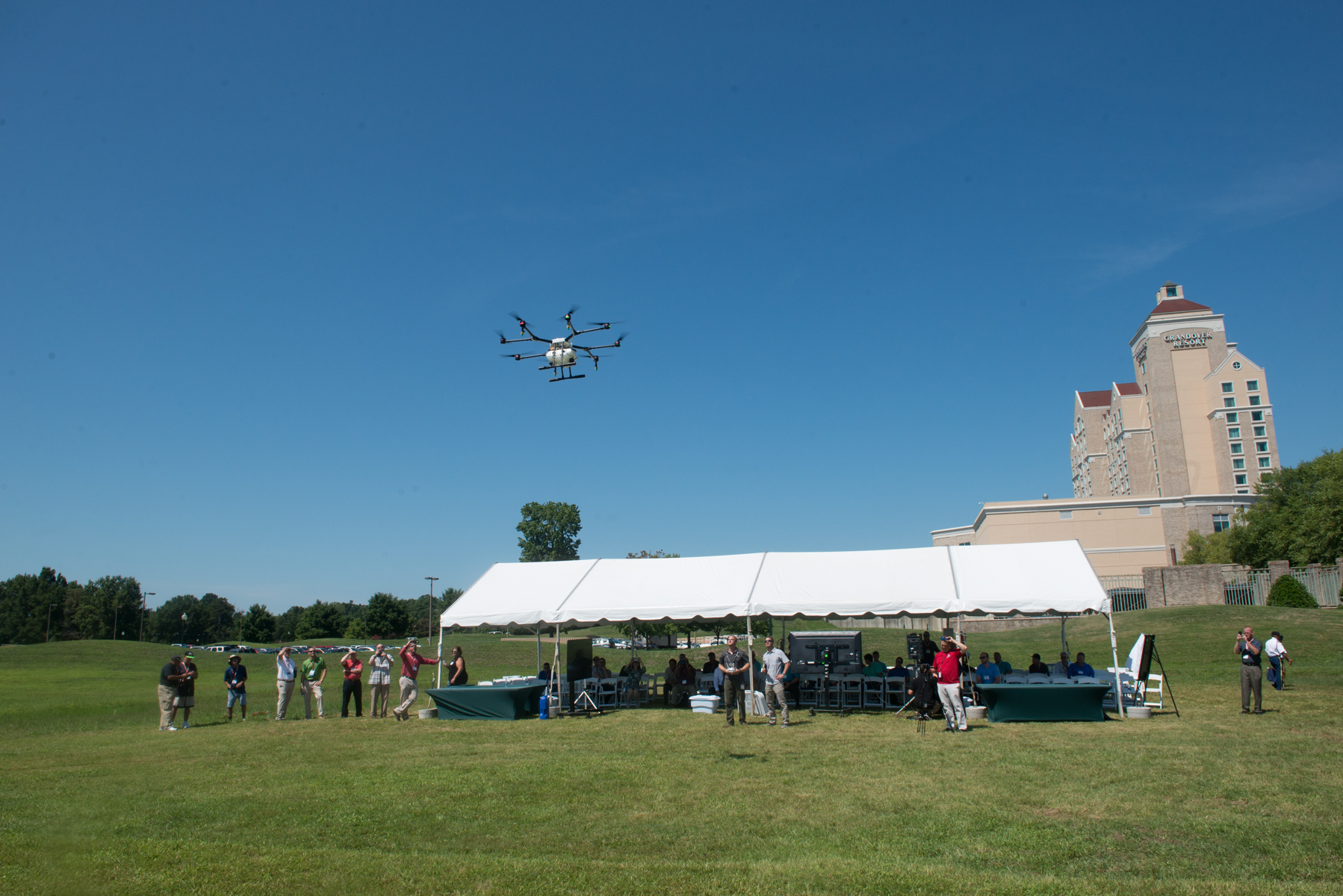
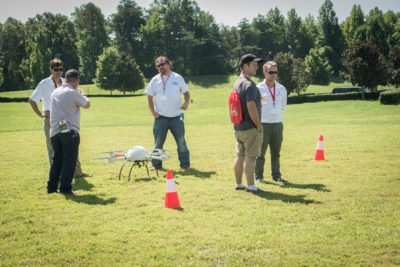
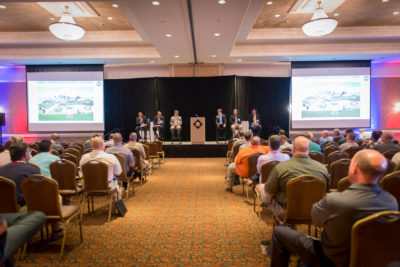
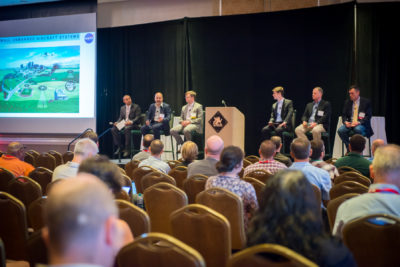
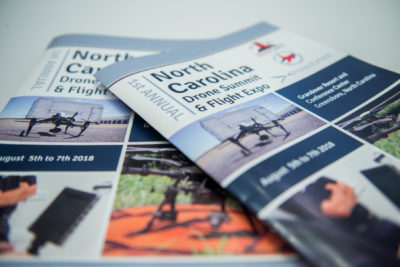


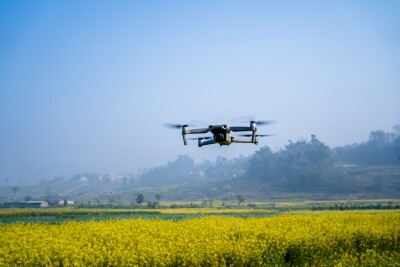









Comments